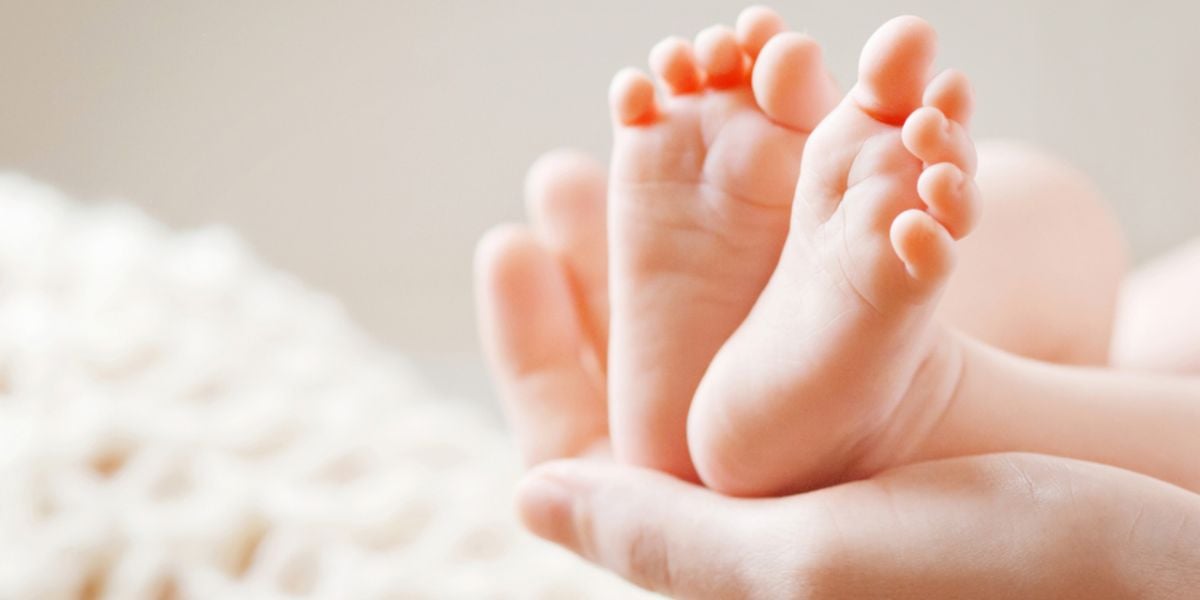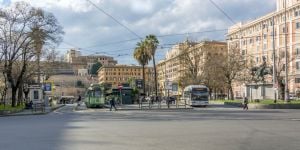
When moving to Italy, you may be considering having a child there. Giving birth in a foreign country can be challenging if you are unfamiliar with the maternity system. The good news is that Italy is a country where family and motherhood play a vital role in the lives of its citizens! In this article, we will give you some basic information on childbirth and prenatal and postnatal care in Italy.
Health services for expecting mothers in Italy
All expecting mothers working in Italy are eligible for the Italian national health service, Servizio Sanitario Nazionale (SSN). All essential healthcare in Italy related to pregnancy will therefore be covered. The following health services will generally be free of charge:
- Periodic obstetric and gynecological check-ups
- Diagnostic checks and analyses related to pregnancy and fetuses
- Prenatal diagnoses
- Treatment of diseases that pose a risk to the mother and child
- Post-natal and pediatric treatments and visits
It is also possible to take out supplementary private insurance, as the public NHS may not be sufficient. The first reason is that waiting lists for medical visits, ultrasound scans and other prenatal care and tests can be very long. To meet the deadlines, expecting mothers to go private, which can be expensive. Private expat health insurance can therefore help you cushion the costs.
Good to know:
Ensure you always have a prescription, ricetta, from your GP to access these maternity benefits.
Mothers are entitled to a bonus from the Italian government from the end of the seventh month of pregnancy or at childbirth – the premio alla nascita, also called Bonus Mamma Domani. Thus, 800 € will be granted for each new birth. It is also granted for adoption. You can apply for this bonus via the website of the INPS, the Italian social security institute. However, only mothers with residence permits in Italy can benefit from this.
The cost of childbirth and care in Italy
Regarding the cost of childbirth, it is entirely free of charge in a public hospital if you choose to give birth with the SSN and agree to be in a double room. You can also opt for a private service and a single room in the same hospital. In this case, we advise you to have good private health insurance, polizza assicurativa sanitaria, which will reimburse you for the costs, which are usually high. Make sure you get the correct information because not all insurers offer the same coverage in case of pregnancy. If you decide to give birth in a private hospital, again, your delivery will be covered if you have insurance.
In the case of a birth in the private system, in solvenza, there are generally three main categories of costs:
- Costs related to the delivery (specialized personnel, special care, interventions, etc.)
- Costs related to the "stay" in the maternity hospital, the degenza, which includes a single room, food, and other services
- The costs of a possible obstetrician or another specialist who follows you personally at your request.
Giving birth at home or in a specialized home, casa parto, costs between €2,000 and €3,000. In a private hospital or clinic, if you decide to give birth in solvenza, prices start from €2,000 and can reach €13,000; this will depend on the clinic chosen, the type of room (shared or single), and other options. For example, delivery at the Mangiagalli Maternity Hospital or the Ospedale Buzzi in Milan costs from €9,000 to €13,000 for the full private option (delivery, stay and care). Note that in some maternity hospitals, it is possible to request a delivery via the public service and a degenza, i.e., the choice of a single room, via the private system.
Finally, the epidural costs, on average, €500, but here again, it depends on many factors: the facility where you give birth, the possible reimbursement provided by the SSN or private insurance. In some hospitals, the epidural is free of charge. Check with the facility chosen and with your insurance company, if you have one, for more information.
Finding a gynecologist in Italy
Finding a gynecologist is one of the most important questions when you are expecting a child in Italy. Again, if you don't want to pay anything (or if you're ready to pay very little), you can turn to the Italian health service and use the local consultorio, medical studio, or hospital. You can also turn to the ASL in your municipality of residence, which will be able to help you choose the right person. Unfortunately, waiting lists are sometimes long, so you may have to turn to a private specialist.
Generally, the hospital gynecologist will stick to the maximum number of checks stipulated by the Ministry of Health, i.e., one ultrasound scan per quarter, but you can, of course, ask the obstetricians for additional checks.
If, on the other hand, you wish to be followed by a private gynecologist, word of mouth works perfectly well in Italy – ask for advice from your friends, expatriates and Italians, or do your research via reliable organizations such as AIED (Associazione Italiana per l'Educazione Demografica), for example. Websites like Doctors and Topdoctors can also help. Finally, the website of the private insurance company you have subscribed to might also have a list of specialists. Be aware, however, that the costs are likely to be higher, and you will have to pay for the service at each visit. The cost of a visit to a private gynecologist ranges from €120 to €200 on average.
During the birth at the maternity hospital, you will be followed by the obstetrics team and possibly the gynecologist on duty. Depending on the hospital where you are giving birth, your private gynecologist may not come to the hospital if they do not work there, except in the case of a problematic pregnancy and delivery. Ask the specialist himself.
In addition to the maternity hospital team, you can also choose an independent private obstetrician with whom you can establish a relationship of trust. This is quite common in Italy. This professional will follow you throughout your pregnancy, during the birth, and also afterwards. However, be sure to ask about the fees for this service beforehand.
Parental leave in Italy
Parental leave is granted to anyone living and woking in Italy.
Compulsory maternity leave lasts five months. It begins two months before the expected delivery date and lasts until three months afterwards. However, the mother may choose to work until the ninth month and benefit from the five months after the birth. This leave can be extended, if necessary, to eleven months. Alternatively, this extension can also be spread over several periods, for example, when the child is ill, up to the age of 12.
During maternity leave, working mothers receive an allowance equal to 80% of their salary, which is paid by the INPS. If you are self-employed, libera professionista in Italian, you are also entitled to this. In the latter case, the INPS will calculate the amount to which you are entitled based on your tax return.
Fathers are entitled to 10 compulsory days of paternity leave and 1 optional day for the birth of the child.
All requests for parental leave are managed by INPS, the national social security institute.
Tips for expatriates expecting a child in Italy
To have the best possible pregnancy experience in Italy, expatriates should choose the delivery facility and the gynecologist as soon as possible. All gynecologists are trained in obstetrics, so the gynecologist who usually treats you will be able to monitor your pregnancy and delivery. However, you should check in advance whether the specialist can come to the facility of your choice.
You should also consider choosing your daycare, asilo nido, or nanny in advance, especially if you intend to return to work 3 months after the birth.
Don't hesitate to ask for advice from your expat circle who have already had children in Italy or from Italians you know for the best advice.
Useful links :
INPS - Maternity and paternity leave
We do our best to provide accurate and up to date information. However, if you have noticed any inaccuracies in this article, please let us know in the comments section below.











